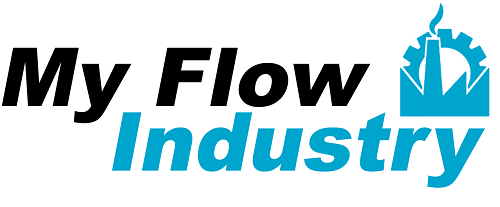
Every year around the world, inflation increases by at least 2%. This means that the cost of living is increasing, and people must spend more on basic necessities. Economists have done significant research on the linkage between wages and inflation. The theory of wage inflation suggests that when the cost of living goes up, people demand higher wages to maintain their standard of living. The theory also suggests that companies will respond to these demands by increasing salaries.
There is a strong relationship between wages and inflation. When inflation goes up, wages usually follow suit. This is because people need to earn more money to keep up with the rising cost of living. Companies also tend to adjust salaries upwards to attract and retain talent. The linkage between wages and inflation is an important one affecting economies worldwide.
What does data show in terms of inflation and wages in the US?
In the United States, inflation has been relatively low in recent years. The cost of living has only increased by about 2% per year. However, wages have not kept pace with this inflation. Real wages (wages adjusted for inflation) have declined in the past few years. This means that people are not earning enough money to keep up with the rising cost of living.
The data shows a significant gap between wage growth and inflation in the United States. This gap is having a negative impact on the economy and workers. It is important for policymakers to address this issue to ensure that workers can keep up with the rising cost of living.
Around the world, the relationship between wages and inflation varies. In some countries, wages grow at a faster rate than inflation. This is the case in China, where wages have been growing by about 10% per year. However, in other countries, such as Japan, wages have not kept pace with inflation. This has led to a decline in real wages in recent years.
The different experiences of wages and inflation worldwide show that there is no one-size-fits-all solution to the issue. Policymakers need to consider their country’s specific economic conditions when crafting solutions to the problem of wage stagnation.
The linkage between wages and inflation is an important one affecting economies worldwide. It is essential for policymakers to understand this relationship to craft effective policies.
Read Article: What Is Inflation And Why Inflation Matters
Is your organization keeping suit with wages and inflation, and what can you do about it?
If your organization is not keeping up with wages and inflation, it could be at a competitive disadvantage. Employees may be lured away by other companies that offer higher salaries. Additionally, you may have difficulty attracting new talent if your salaries are not competitive.
There are a few things you can do to make sure your organization stays competitive:
- Conduct regular salary reviews: You should review salaries regularly to ensure that they align with the going rates in your industry. When conducting a salary review, consider the cost of living in your area and adjust for inflation.
- Offer competitive benefits: In addition to offering competitive salaries, you should also offer other benefits that will attract and retain employees. This could include things like flexible work hours, telecommuting options, and generous vacation days.
- Invest in employee development: Another way to keep your employees happy is to invest in their development. Offer training and development opportunities so they can grow in their careers. This will show them that you are invested in their future and that they have a future with your organization.
- Hiring professional help: If you are unsure how to conduct a salary review or develop a competitive benefits package, you may want to consider hiring professional help. An experienced human resources consultant can assist you in creating a compensation strategy that will keep your organization competitive.
By taking these steps, you can make sure that your organization stays competitive in the face of wage and inflation pressures. In addition to getting a professional to help you, it’s essential to take legal help. Hiring a labor lawyer will help you stay on top of the ever-changing laws and regulations. They will also be able to help you negotiate contracts and resolve disputes.
A labor lawyer can also help you develop policies and procedures that will protect your organization from lawsuits. They can assist you in creating a work environment that is free from discrimination and harassment. By having a labor lawyer on your side, you can be sure that your organization complies with the law and that your employees are treated fairly.
